Career Toolkit
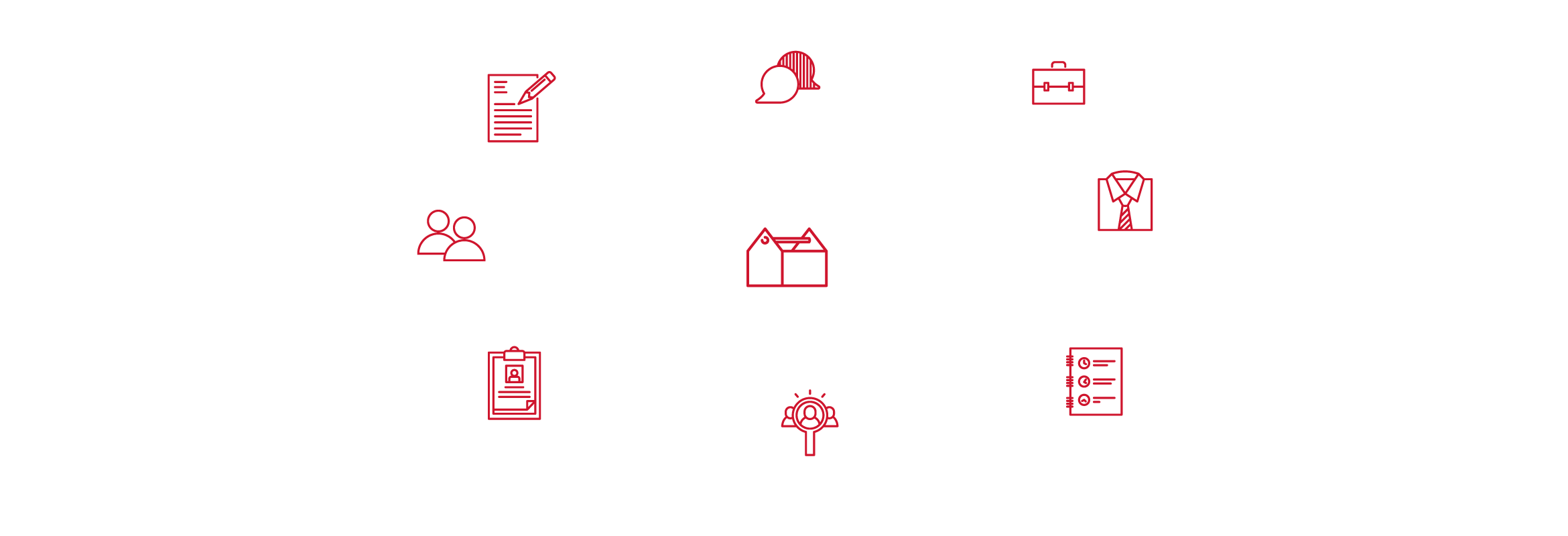
Dig into our career toolkit to find resources that will help you build the skills you’ll need for your job search.
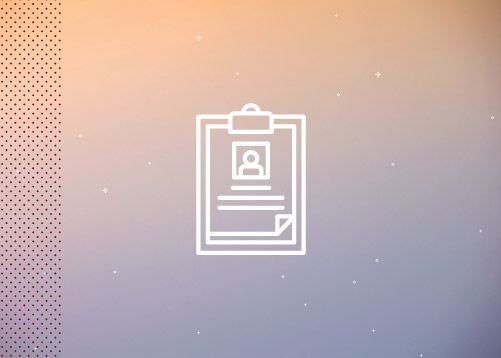
Building Your Resume
How can you make a good first impression and get called in for an interview? Build a targeted resume that brands yourself and promotes your relevant experience, skills and qualifications.
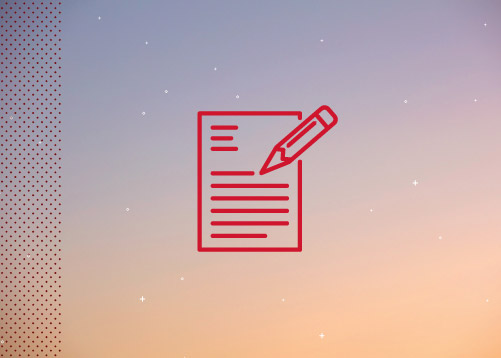
Writing Cover Letters
A tailored cover letter accompanies your resume in order to introduce yourself and present how you are uniquely qualified for the position you are applying for. Cover letters add value to resumes by displaying your commitment and eagerness, showing your written and communication skills, and addressing unique job qualifications, and articulating why you would be a good fit with the organization.

Internship Search Guide
Research from The National Association of Colleges and Employers found that students who did multiple internships had more success securing a job or placement in graduate school than their counterparts. What does this tell us? Getting experience is a pivotal part of your Biola experience!
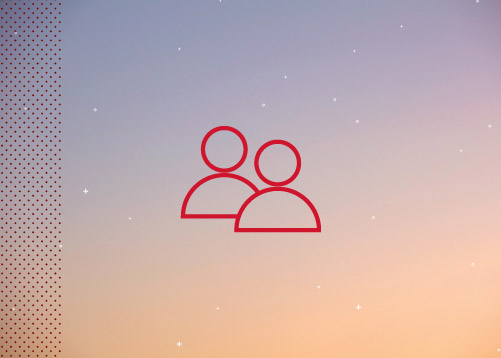
How to Network Effectively
Networking is a valuable aspect of the job-search process because it gives you access to industry knowledge and also helps you build relationships that will support you throughout your career. Use these tips below to learn how to best network with those in and out of your circle, and utilize those connections for future career opportunities. For more guidance on networking, schedule an appointment with the Career Center in Handshake.
- View Informational Interviewing Guide
- View How to Prepare for a Career Expo
- Watch: What is Networking
- Watch: How to Network
- Watch Webinar: Networking From a Distance

Develop Your Elevator Pitch
An elevator pitch is a 30-second professional statement about your experiences, interests, and strengths and how you can make a difference for an employer. It is your opportunity to tell them how you uniquely can make an impact in their workplace.

Informational Interviewing
The best way to learn about a career is to talk to someone who’s actually doing what you’re interested in! Informational interviews are conversations where you get an insider perspective by speaking to a working professional in the role or industry you are interested in.
- View Informational Interviewing Guide
- Watch: Informational Interviewing
- Download Informational Interview Guide (PDF)

Interview Preparation
Interviews can be intimidating, but with practice and preparation, you can nail the interview.
Biola offers a free interview preparation tool called Big Interview for current students and alumni. Just create a free account on Big Interview with your Biola email address.

Professional Dress
Professional attire is important because it is expected at every job interview, career fair or professional event. It shows respect and creates the impression that you are confident and ready for new opportunities.
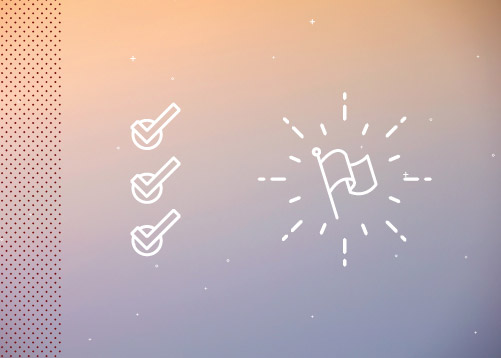
Job Offers and Acceptance
After doing a lot of research and preparing for your interviews, it has all paid off and you have an offer in front of you. Congrats! Now is the time to finish the process and inform them on your decision. But how exactly do you go about doing that? Read our guide for tips on next steps.
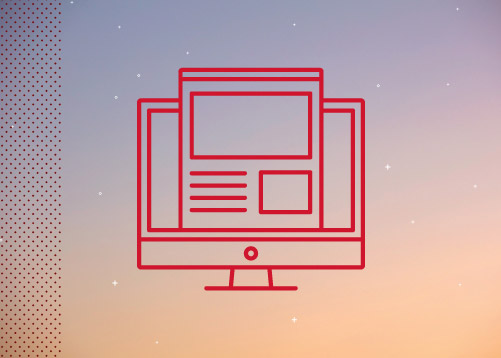
Create an Online Portfolio
A professional ePortfolio is a unique opportunity to showcase your experience and learning online to both employers and graduate programs for future job, internship and educational opportunities.

Graduate School Preparation
Are you thinking about applying to grad school but not sure where to start? The Career Center has a list of resources for you to reference and use as a guideline for graduate school preparation. Feel free to also make an appointment with a Career Specialist for additional guidance.
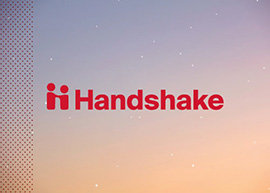
Handshake 101
Handshake is one of the best resources for you to find opportunities, and having an optimized profile is one of the easiest ways to stand out to employers.

Delightful Dollar
Do you consider yourself financially literate? Money is consistently listed as the #1 source of anxiety for Americans, but it doesn't have to be! This 13-lesson financial education micro-course will train you in key areas of financial literacy (i.e., budgeting, credit, banking, investing) in a way that draws you toward the loving heart of Jesus Christ. In the end, this course seeks to make managing your money a delight for you, our Savior, and the world.